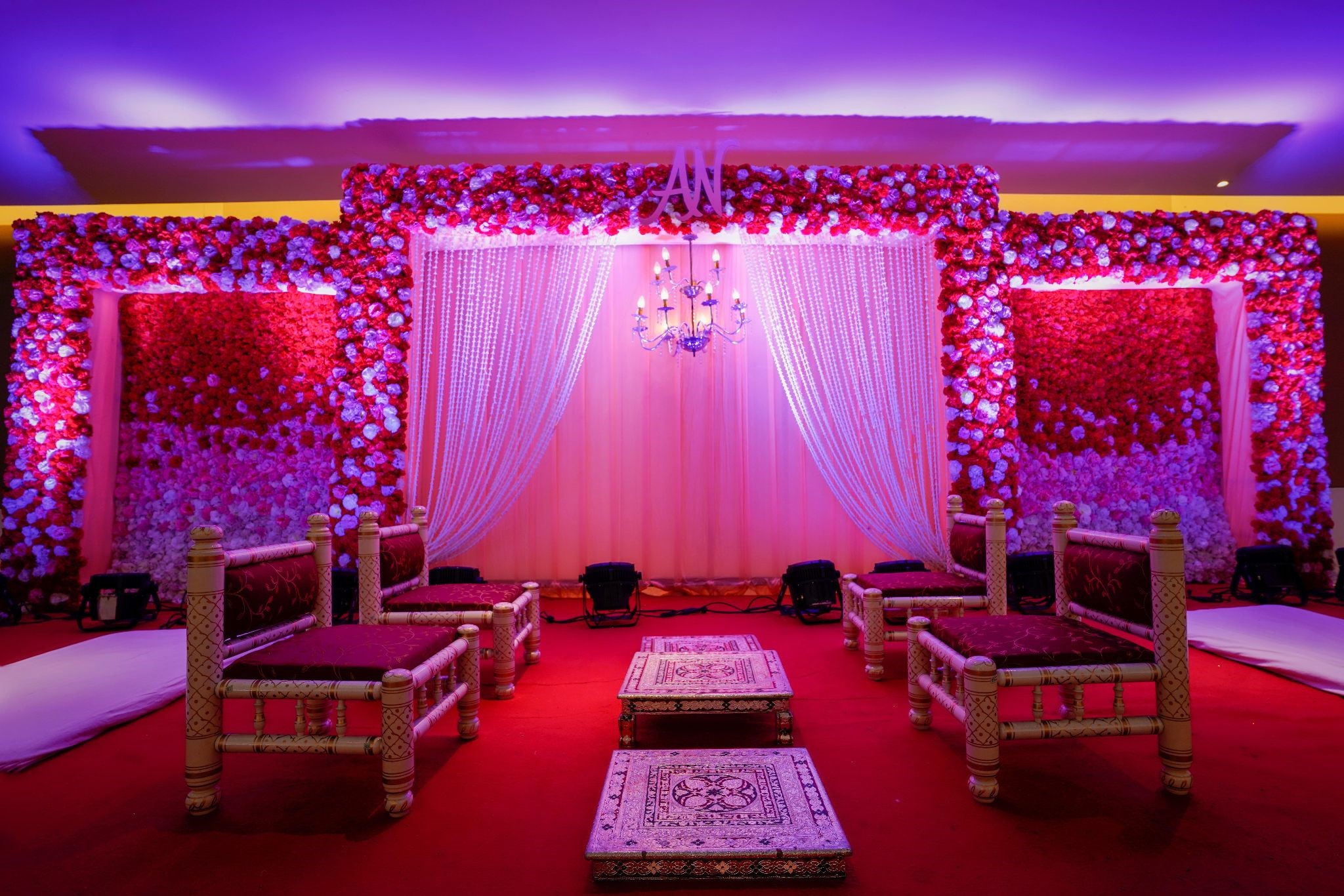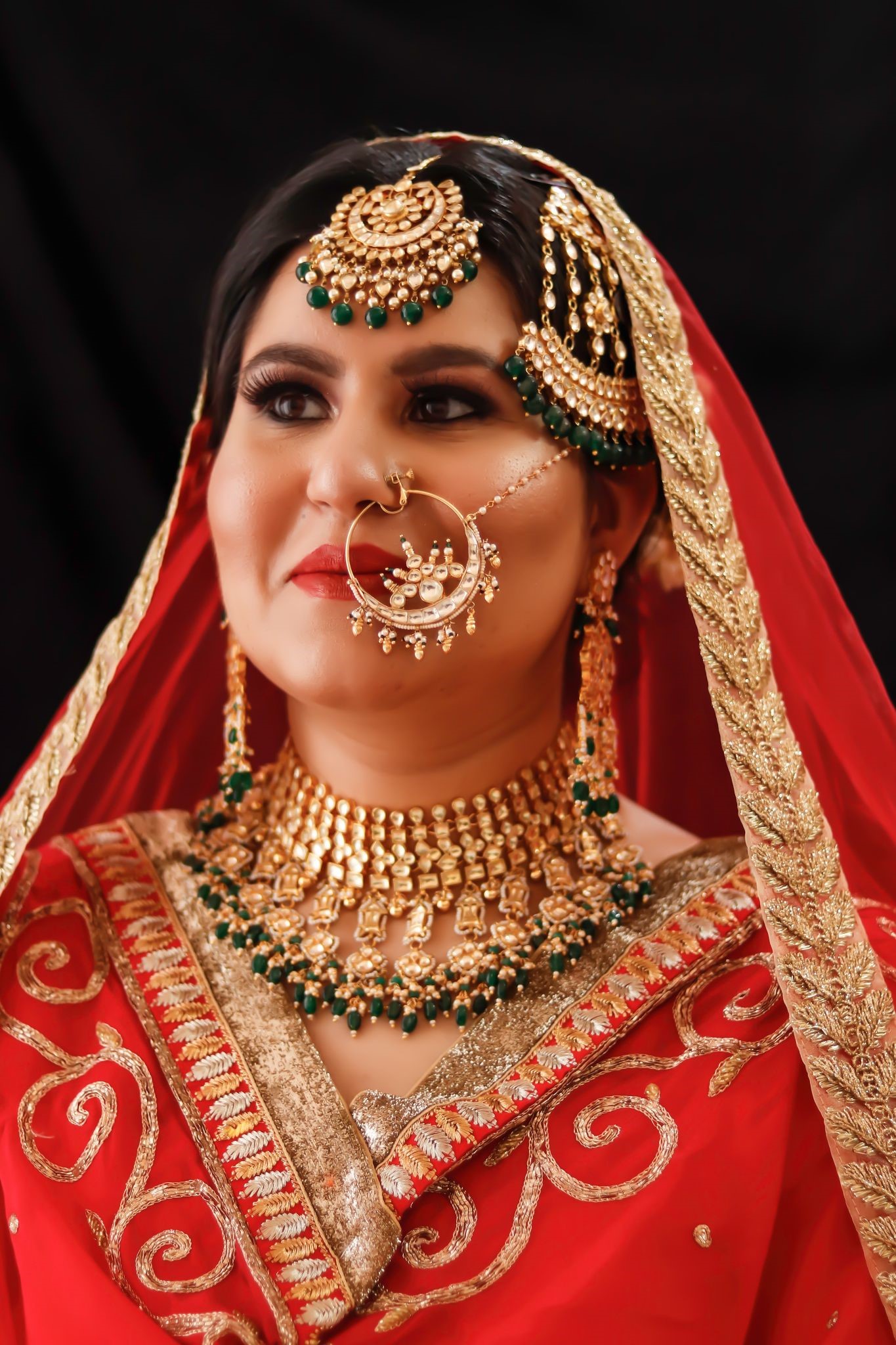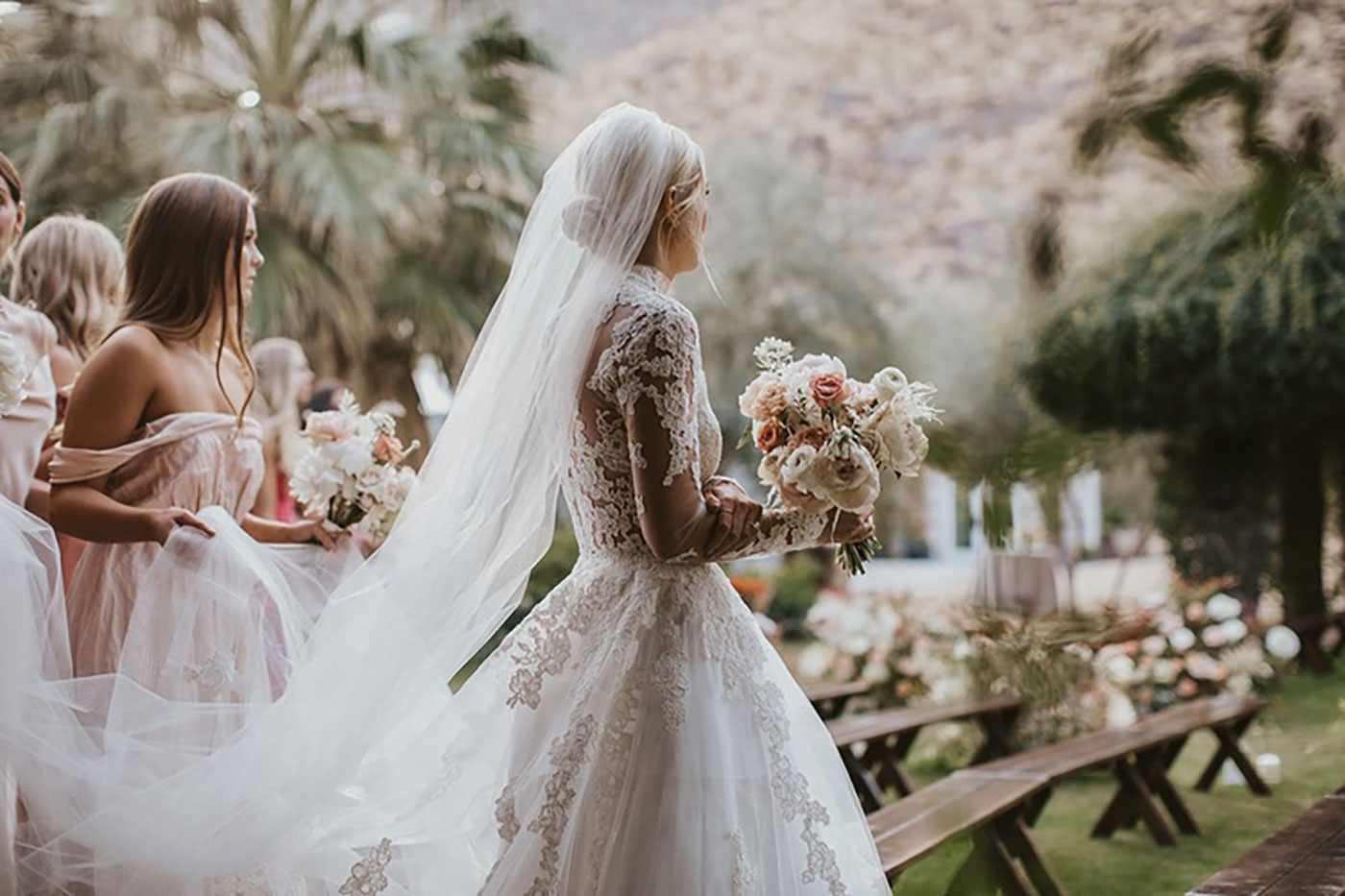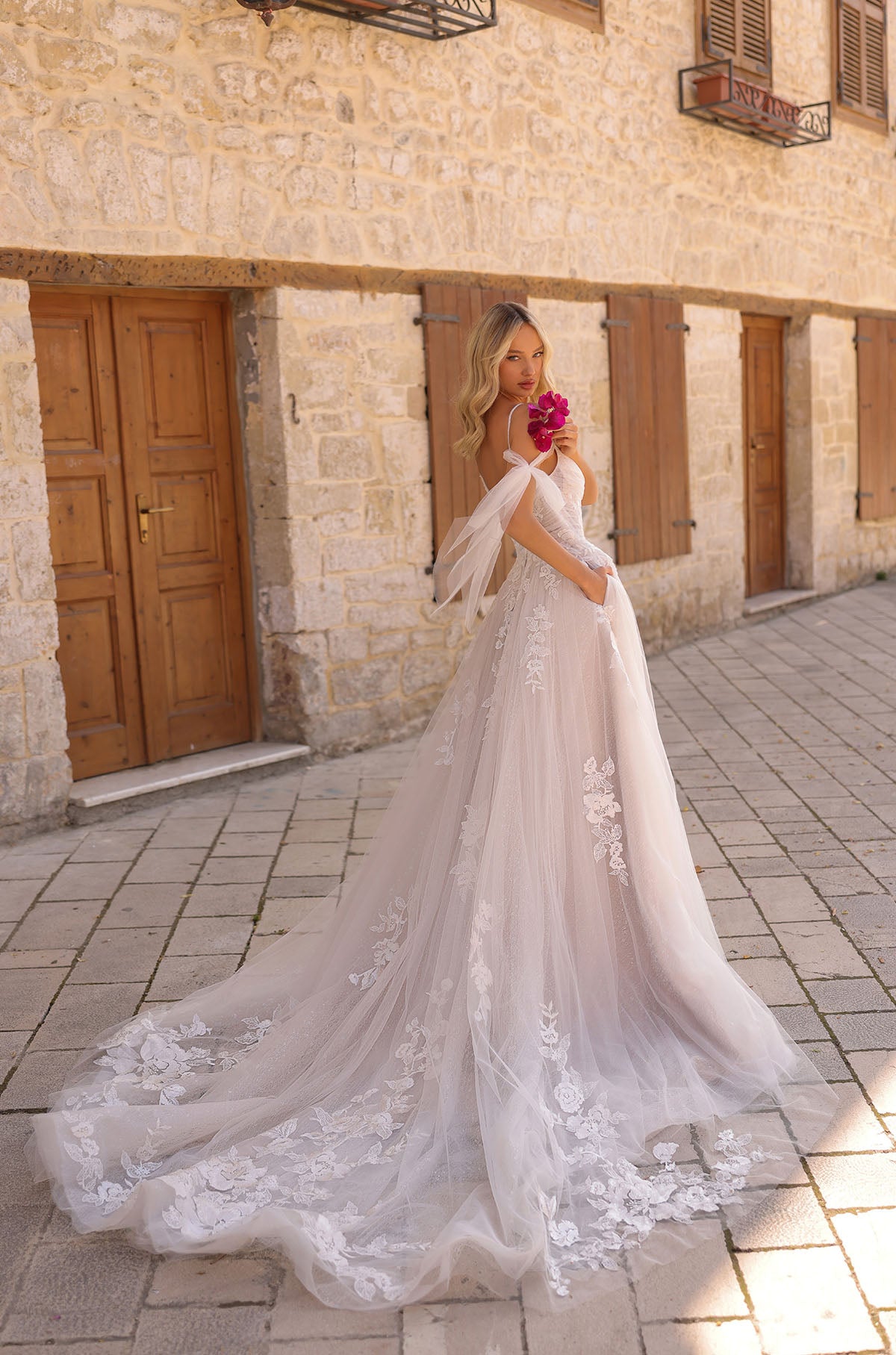A wedding is a moment of joy, celebration, and togetherness for people all around the globe, and this is also true for Muslims. While there are undoubtedly some distinctions between a Muslim marriage ceremony and other religious or non-religious weddings, traditions and individual preferences still play a significant part in what occurs on the big day. There are several aspects of Muslim weddings that are the same everywhere. This handbook assists in organizing a traditional Muslim wedding, including everything from the ceremony to unique apparel!
Table of Contents
Wedding Date & Time
Although many Muslims choose the Islamic month of Shawwal for wedding dates, this is not a necessity. The majority of the year is acceptable, however, you should avoid the holy months of Ramadan and Muharram. This allows you to plan your wedding for the season of your choice, whether it’s a delightful summertime wedding or a cozy winter event.
Deciding The Venue
Islam does not mandate that a marriage take place in a mosque, thus you are free to choose the location. The location of the ceremony and festivities is entirely up to you, whether you’d like a small space with just your immediate family present or a bigger space to fit a larger group of friends. After the actual ceremony, there will be a walimah, which is often a supper where guests may enjoy the event. However, this can range from elaborate celebrations to a simple and intimate get-together.

Image Resource: unsplash.com
Muslim Wedding Invitations
Many wealthy Muslims often choose Exclusive Islamic Wedding Cards that resemble scrolls in shape. Following the letter-writing traditions of the ancient Muslim royal families, these scrolls are fashioned of silk and are bound at each end by two golden or silver rods. Paper invitations are more time-consuming to choose and create, and it might be challenging to track down answers from some of your tardy attendees. Digital wedding invites may help with that. They will greatly benefit you by saving you time, enhancing the wow element of your wedding, and also helping the environment.
The Night Of Mehndi Or Henna
A few days before the wedding, it is customary for Muslim brides throughout the Middle East and South Asia to attend a henna celebration when the bride’s hands and feet are decorated with delicate, artistic designs. Make the most of this occasion by giving the bride presents and indulging in delicious cuisine; this party is a great chance for the ladies to get to know one another before the big day! Find a talented henna artist, and you’ll be well on your way to the ideal pre-wedding party. It’s also typical to have a similar ritual for the groom.
The Wedding Apparel
As long as it is modest, you may choose any style for your Muslim wedding. To truly make the occasion as extravagant as possible, some costumes have complicated patterns with embroidered diamonds and jewels sewed in, while others choose a more modest, one-color design. There are many different Islamic cultures since Islam is such a diverse religion. It is even better if your wedding is intercultural since you may mix the greatest and most lovely elements of your respective cultures to create a ceremony that perfectly captures the characteristics of the bride and groom.

Image Resource: unsplash.com
The Main Event
The nikah, or ritual, itself, is the next thing you should consider. A Muslim who is educated about Islamic law, often an imam or Qazi, and two male witnesses are all that are required for the nikah to be as straightforward as you wish. You and your spouse will be given the Nikah Namah, or marriage contract, to sign after it has been read aloud to the assembled guests, while you are separated into two distinct rooms or regions of the hall. Following the discourse, which is typically the first verse of the Quran, the Qazi will then officially pronounce the couple married. A Muslim wedding is much like other religious marriages in that it is a celebration of love, faith, and togetherness. Your wedding day will be one of the most significant of your life, whether you’re in India, or any other part of the world. Therefore, plan ahead of time to have the wedding of your dreams.











